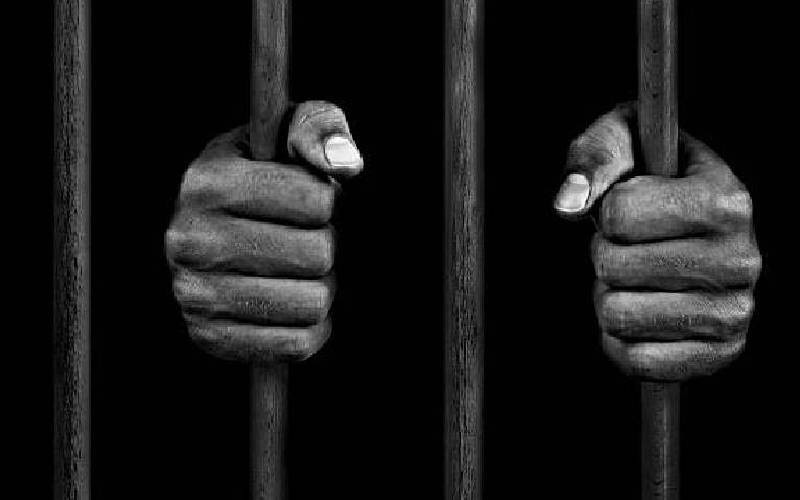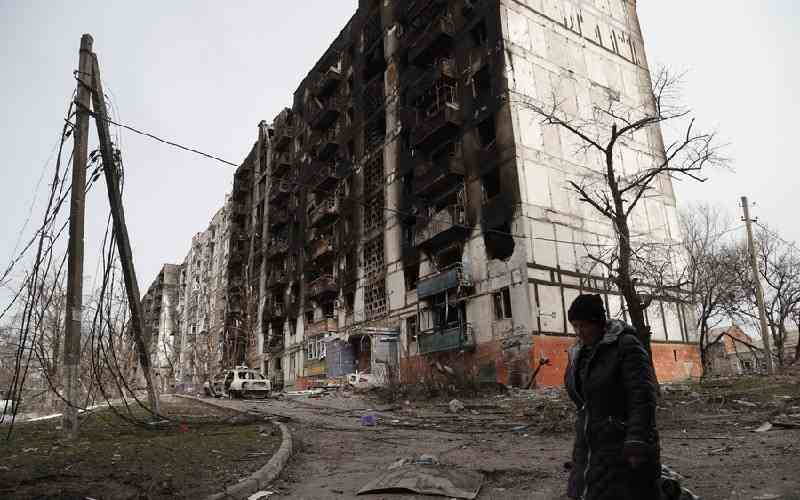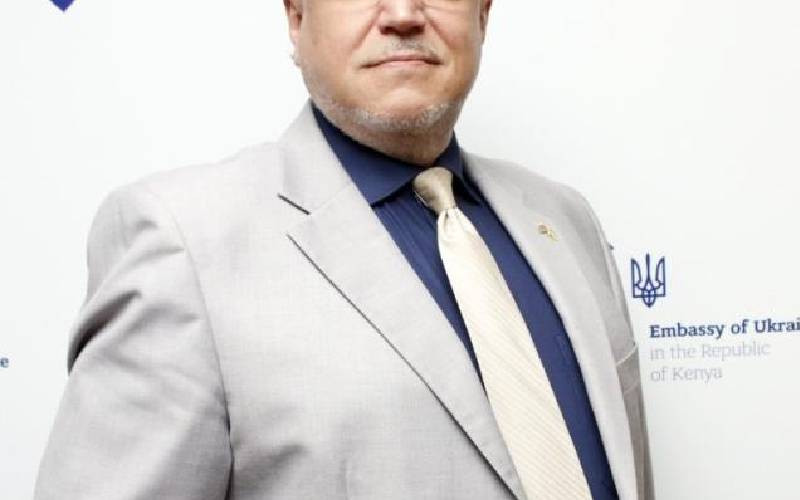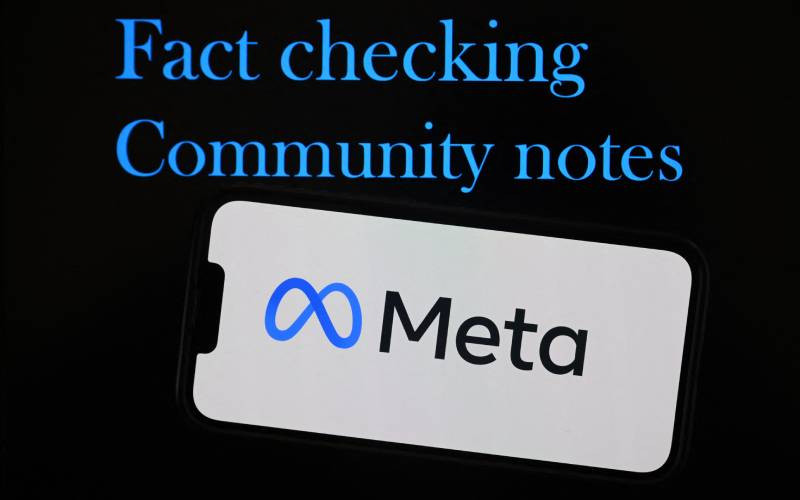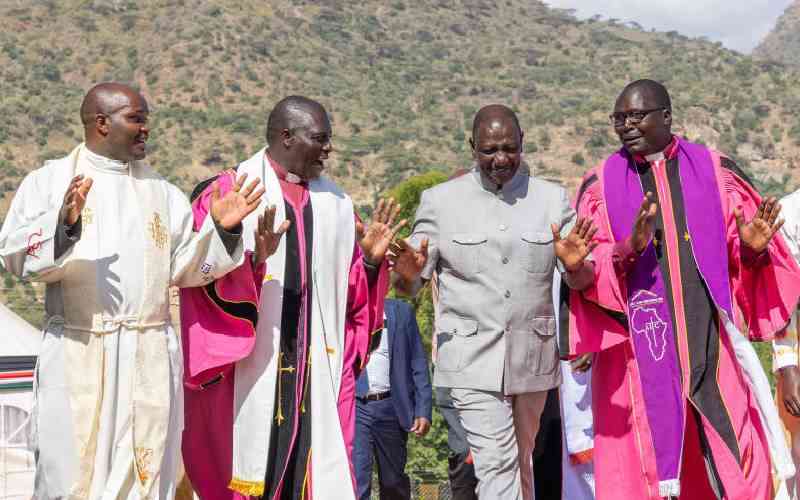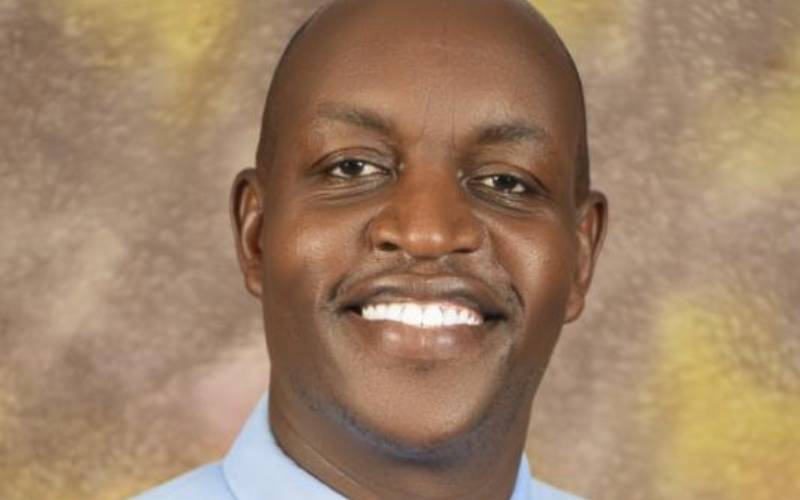
To the freedom fighters, the end of the colonial chapter was similar to entering the promised land. It was clear that reverting to the old tribal formation was impossible.
Chopping up the freedom and giving it back to the tribes to rebuild their singular existences was not the way. The way was forward to a new thing. Using the analogy of Paul of Tarsus, the future was “one body many parts.”
The hopes and possibilities of this “coat of many colors” have been bequeathed to subsequent generations. Fifty-eight years later, with all fair assessment, most of the independence remains in hope form. Hope is powerful. But hope differed makes a heart sick.
Sick citizens gradually withdraw their patriotism and begin to retreat to home-made solutions. They realise their “serikali saidia” cry is neutralised by a government’s “mwananchi saidia.” The result is stagnation, an outcome that provokes sobs and wails in the camp of the freedom fighters.
“We should not be where we are.” These words were recently spoken by a leading Kenyan politician, and the freedom architects would find them true. If a nation were person, 58 would be an age when refined and authoritative wisdom is expected.
To be 58 and foolish is unsightly. But for a country, 58 is perceived as young, even younger if democratic governance began years into the post-colonial period. Different narratives will date a country differently. Staying with 58, are we where we should be? With all fair assessment, Wanjiku’s “No” is resounding.
Kenya’s Canaan remains largely veiled. It remains the preserve of a few. The few who have entered it have erected very high entry barriers that make the masses unwelcome. Instead of jubilation, there is a lot of weeping over the promised land. Israelites waited for the land of milk and honey but they made the error of endearing the Canaanites instead of annihilating them. Canaanites became “thieves” of the milk and honey, causing misery for Israel in their promised land.
The memory of the story of Kenya’s freedom is locked in ceremonial days and does not translate into the fabric of daily culture. The memory of freedom fighters is a heritage with no heirs. If this memory was perpetuated then it risks inspiring the people in a way that dethrones the current crop of leaders. So the story of freedom is restricted to the walls of museums, accessed infrequently by only a few.
With the pre-independence generation ageing, many live in an independence they are ignorant about. Ignorance creates a defective perception of independence, which dilutes the value of that history. When people do not know the story, they are not bound by it.
This explains why we cheapen a country that was birthed by blood. This way, the sacredness of the sacrifices of the freedom architects and fighters is defiled. Because history loathes being ignored, it conspires against us making weeping inevitable.
Money has become the modern frontier of struggle. We treat a moneyless life as half a life. The rich are regarded as complete. When money defines life, greed abounds. Because greed corrodes grace, the moneyless are seen as valueless. The result is an oppressive system where economics is the supreme scale of human worth.
While freedom fighters were killed in pursuit of a soul-based worth, now people kill for money. Even the spiritual worship God one day a week and bow down to Mammon the other six days. Where life is moved from the centre place accorded by nature, the stench of death is inevitable.
We have masqueraders for leaders. The diagnosis that Kenyans hurt for trusting lying leaders is not breaking news. We have leaders who fake compassion. Educated though they are, they are brutal in their corruption. Many have hired out their intellect to spirits of darkness. Even when Wanjiku is drenched in tears, their hearts of stone make them unmoved.
The line “Jesus wept” may be the shortest in the Bible but is the longest lesson on the desirable heart of leadership: a sound leader must live in solidarity with his people. Absence of compassion makes way for oppression. The colonialists were compassionless.
The freedom fighters rose up against this oppression to resurrect compassion. Their struggle was not pretentious. But when we have masqueraders for leaders – people purporting to lead but their purpose is greed - progress becomes a mirage.
Tentacles of moral care-freeness are choking the possibilities of order and abundance in our promised land. Traditional African values are struggling to find contemporary equivalents. We are so values strapped that we have very little to pass on to our young people.
During power-hunting seasons, politicians shout “Bwana asifiwe!” louder than the priest. Spirituality is simply for winning votes. But morality should never be an expression of convenience. Our independence was not a lie but its handlers have mostly been liars. Truth matters. Truth in the hands of liars attracts misery.
An ornamental memory of our freedom story, growing allegiance to Mammon, masquerading leaders and moral care-freeness will continue to postpone our hope for a life of milk and honey.
 The Standard Group Plc is a multi-media organization with investments in media platforms spanning newspaper print
operations, television, radio broadcasting, digital and online services. The Standard Group is recognized as a
leading multi-media house in Kenya with a key influence in matters of national and international interest.
The Standard Group Plc is a multi-media organization with investments in media platforms spanning newspaper print
operations, television, radio broadcasting, digital and online services. The Standard Group is recognized as a
leading multi-media house in Kenya with a key influence in matters of national and international interest.

